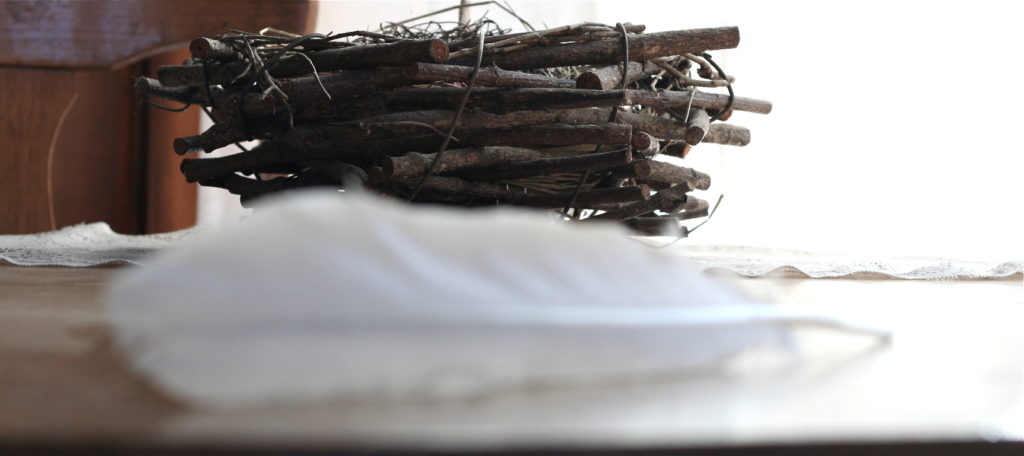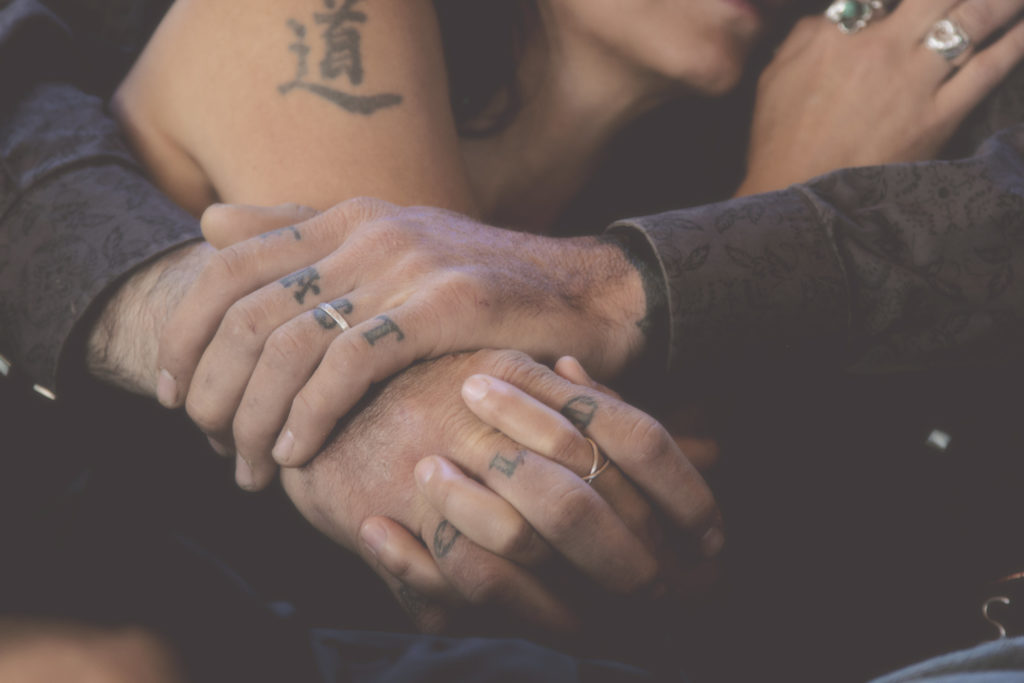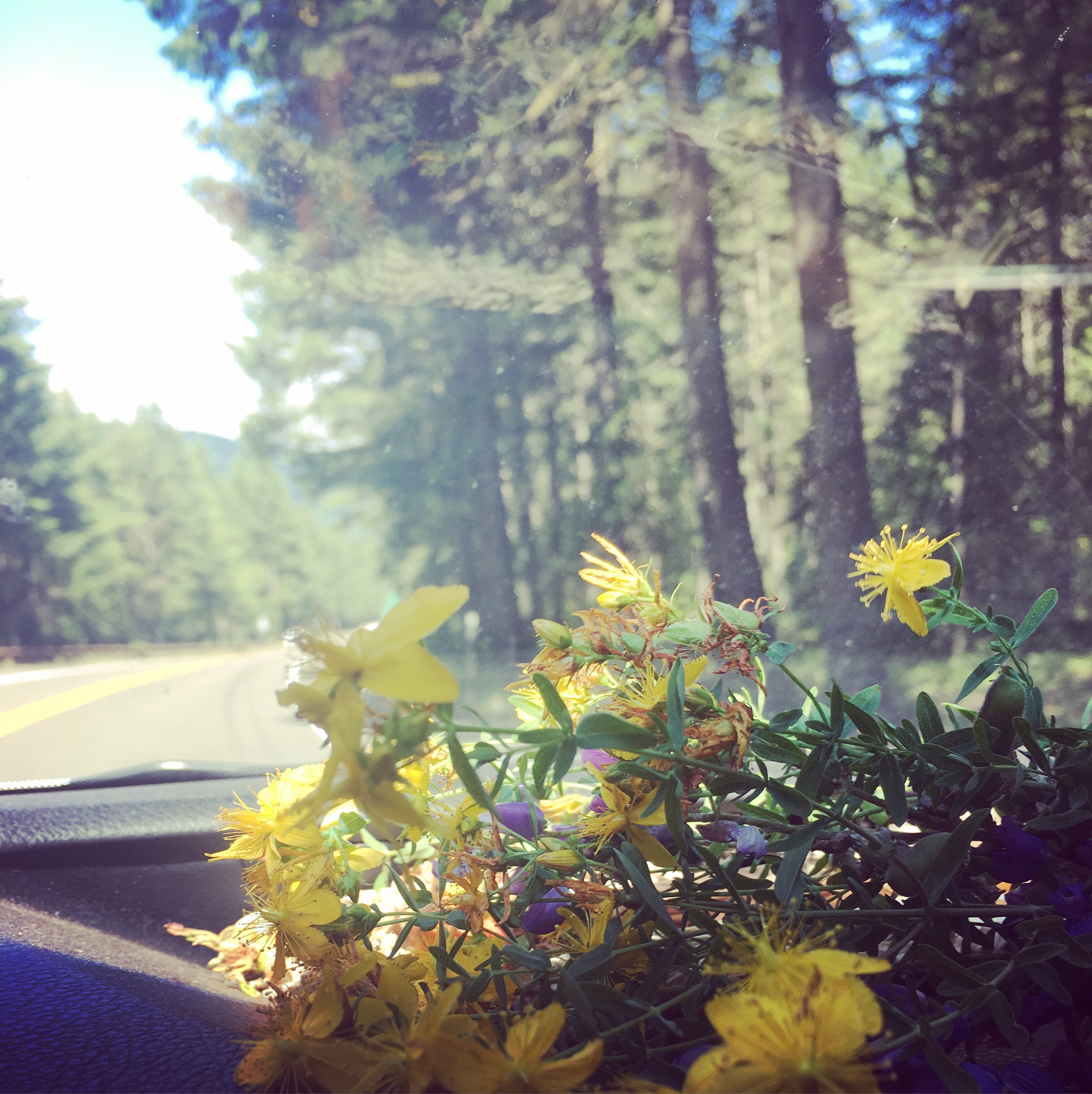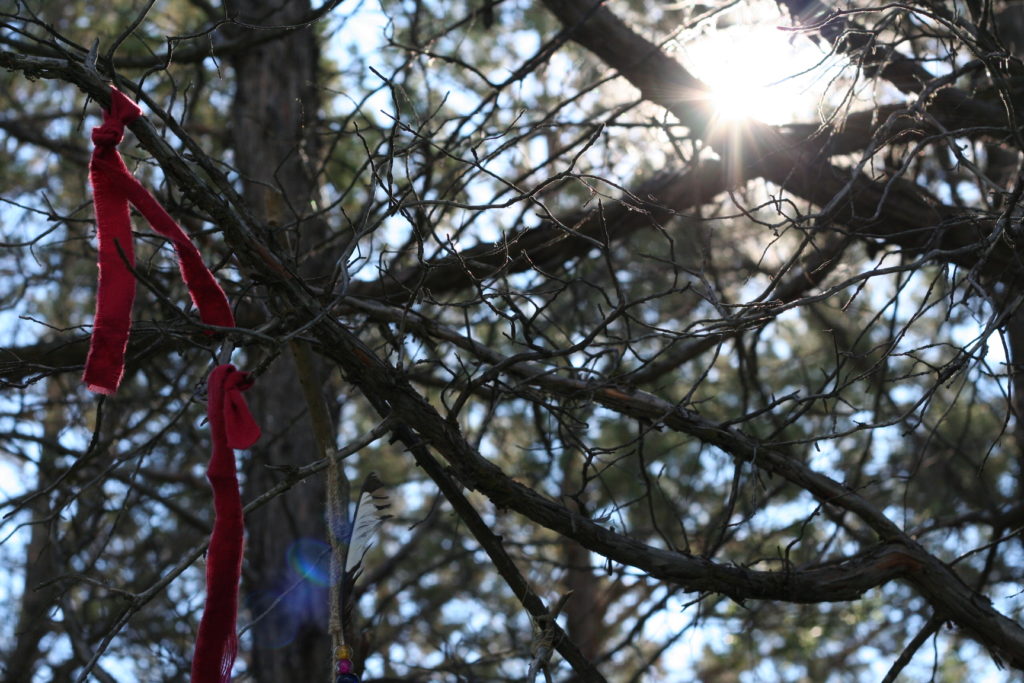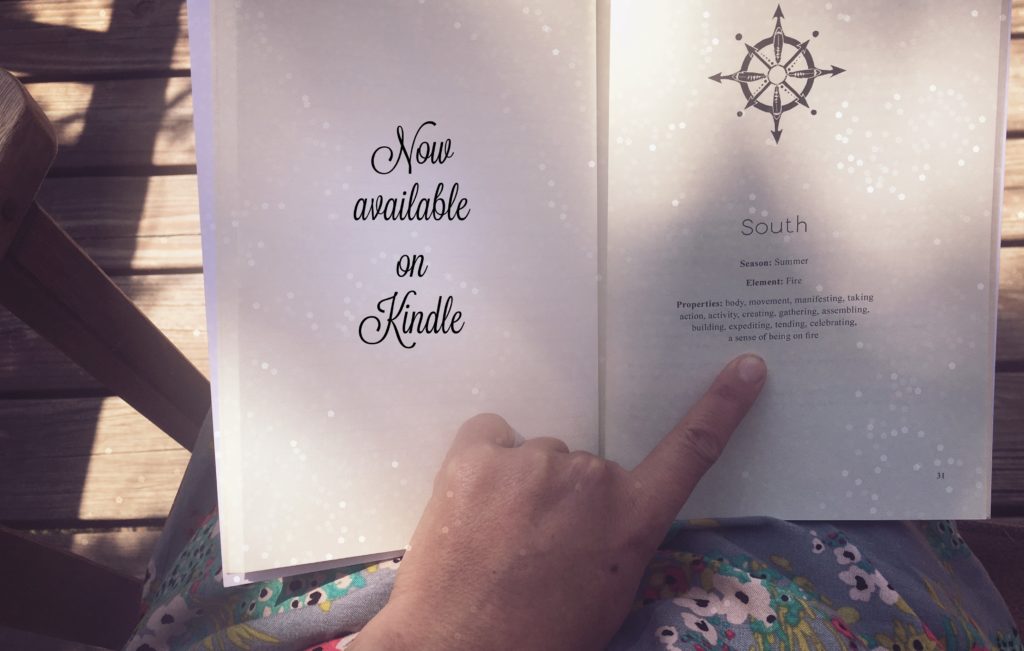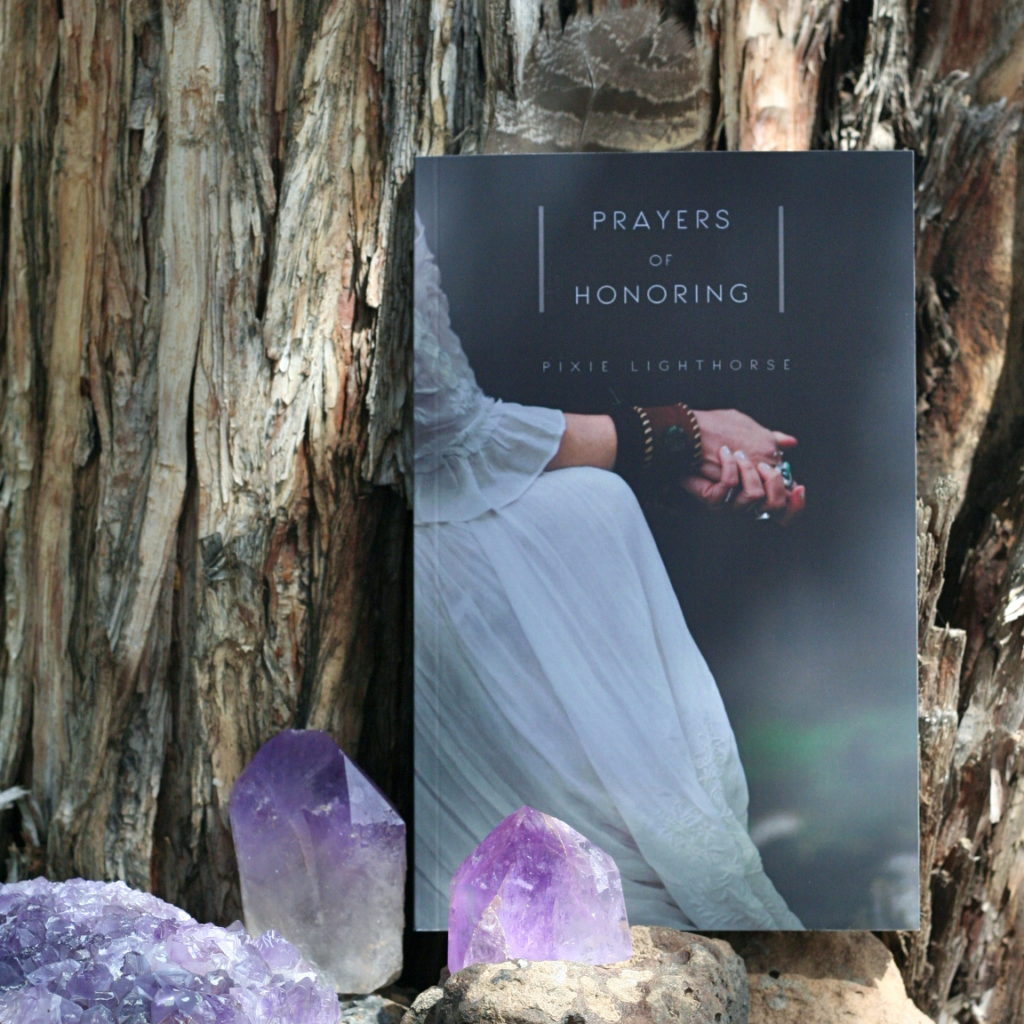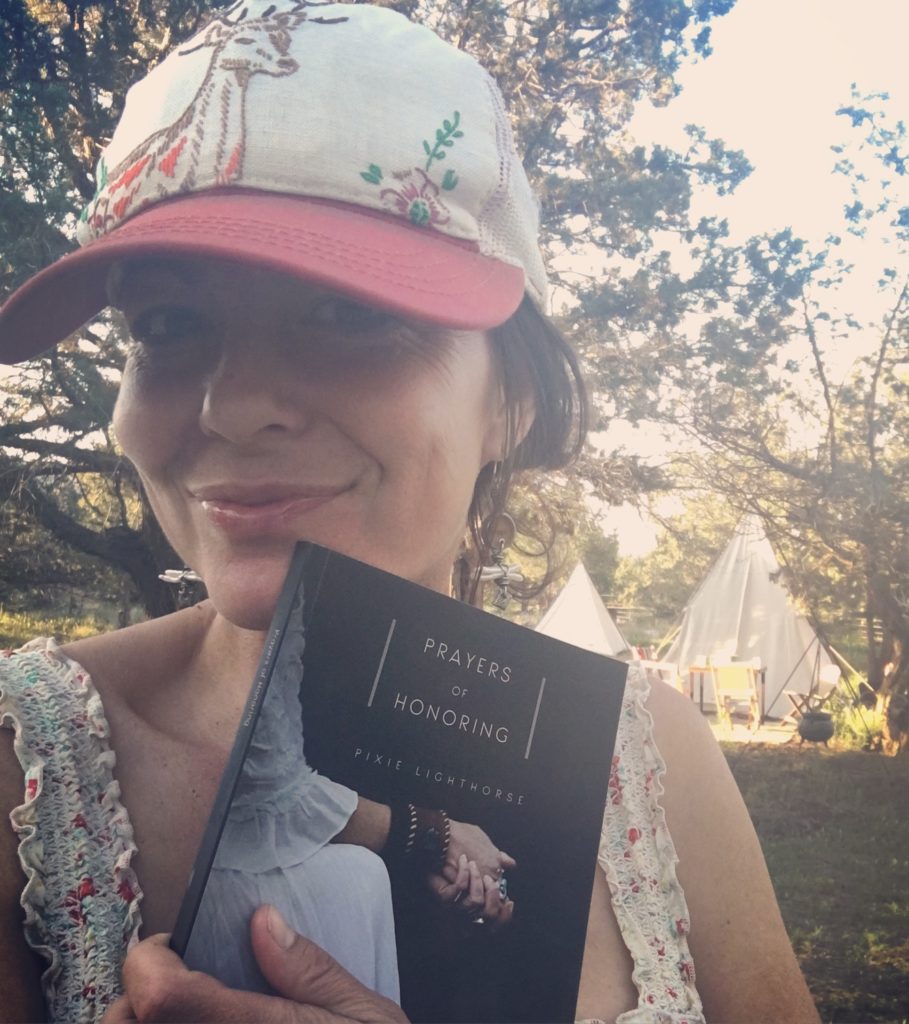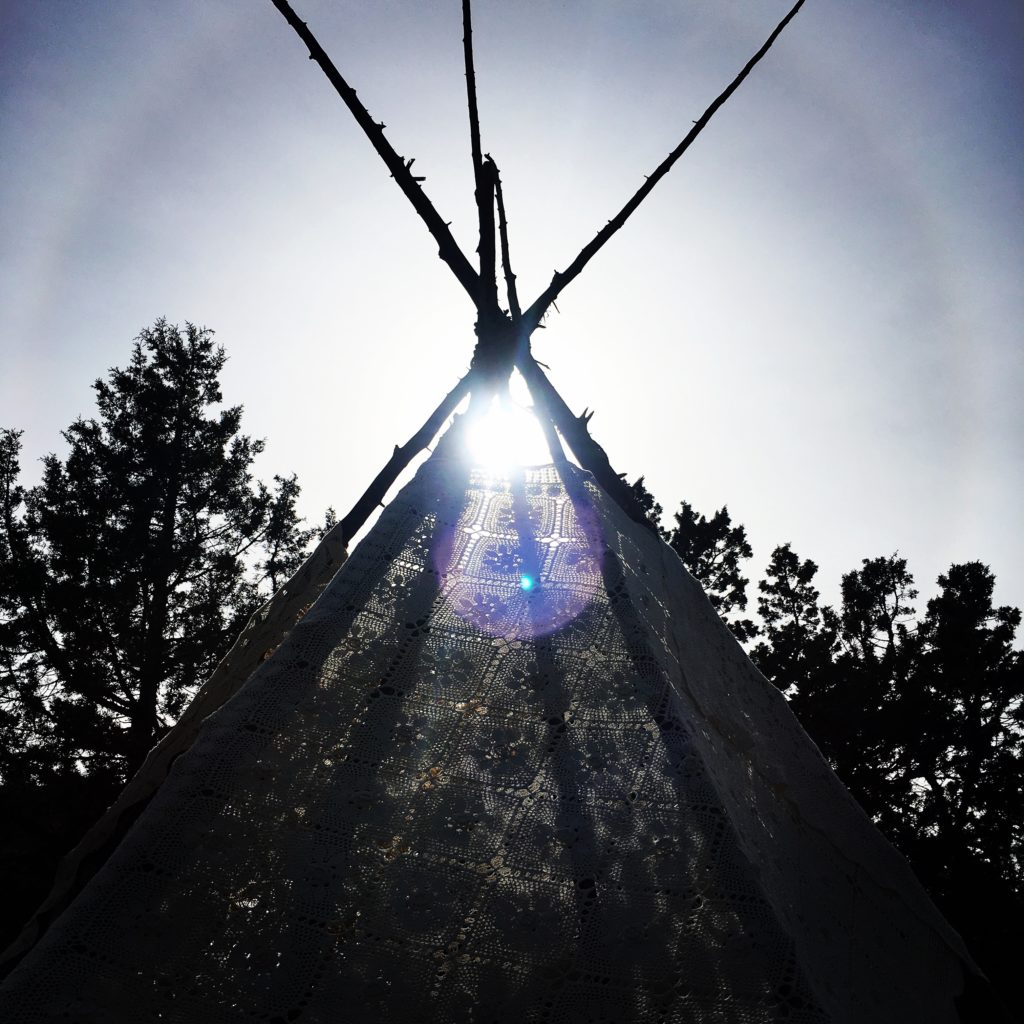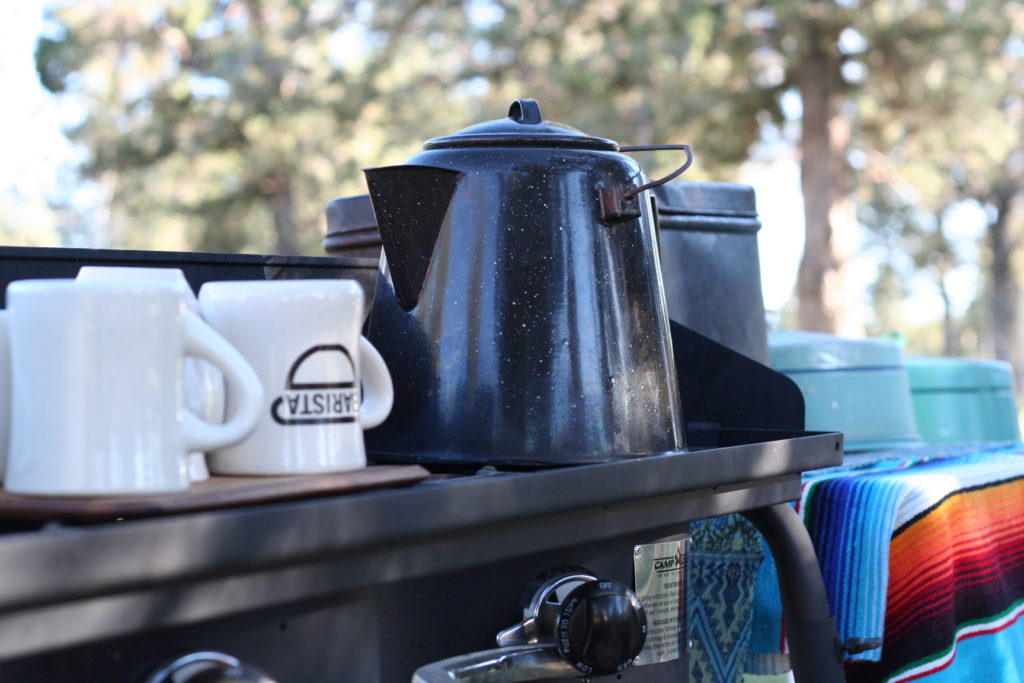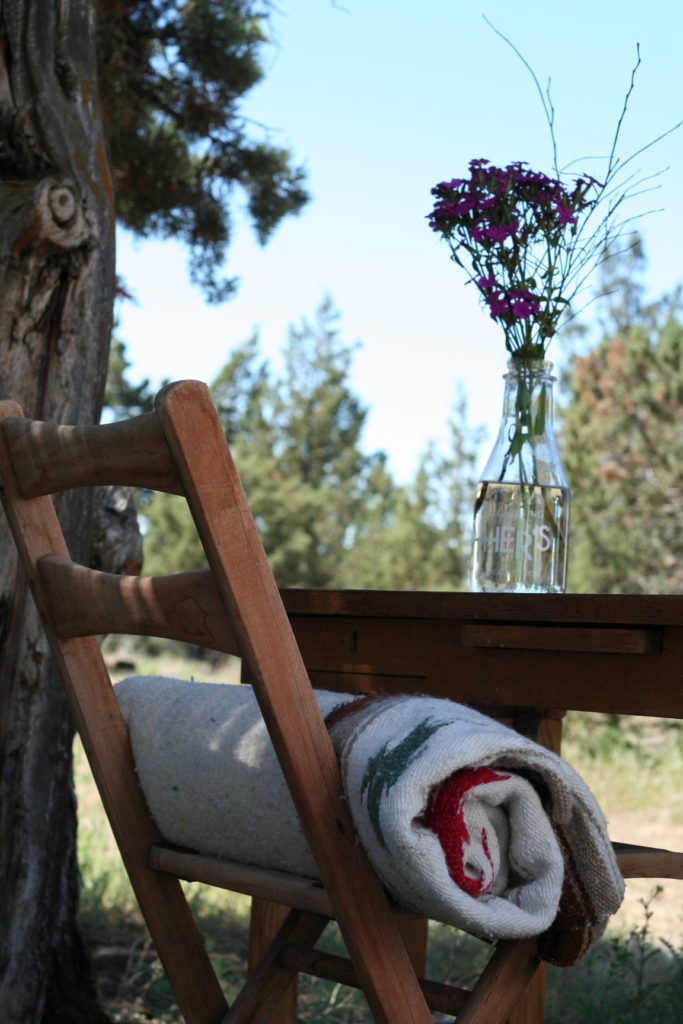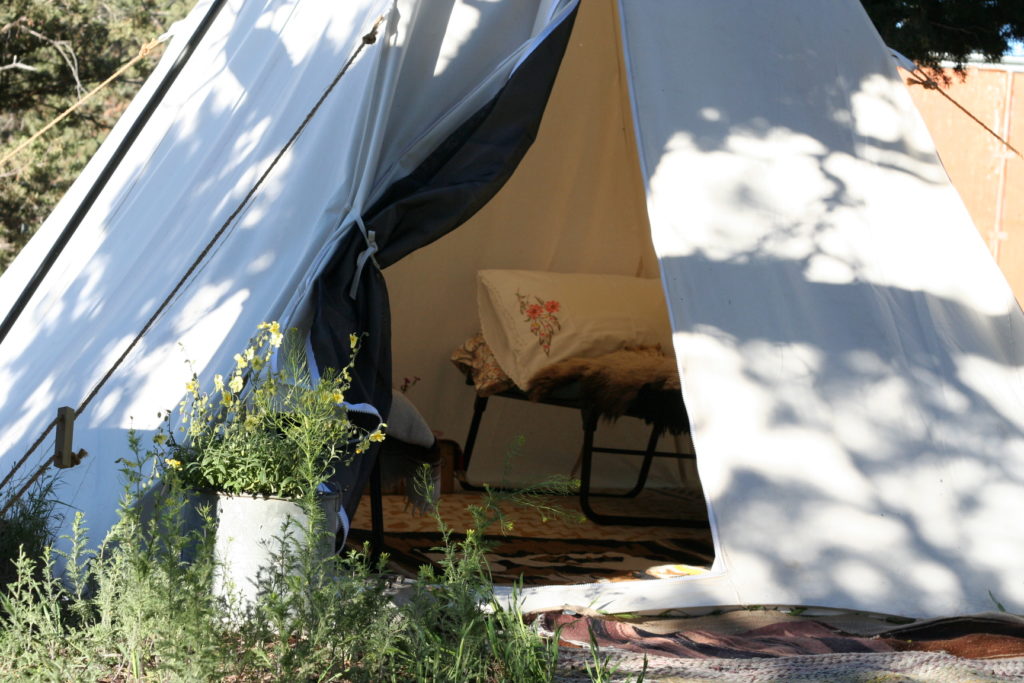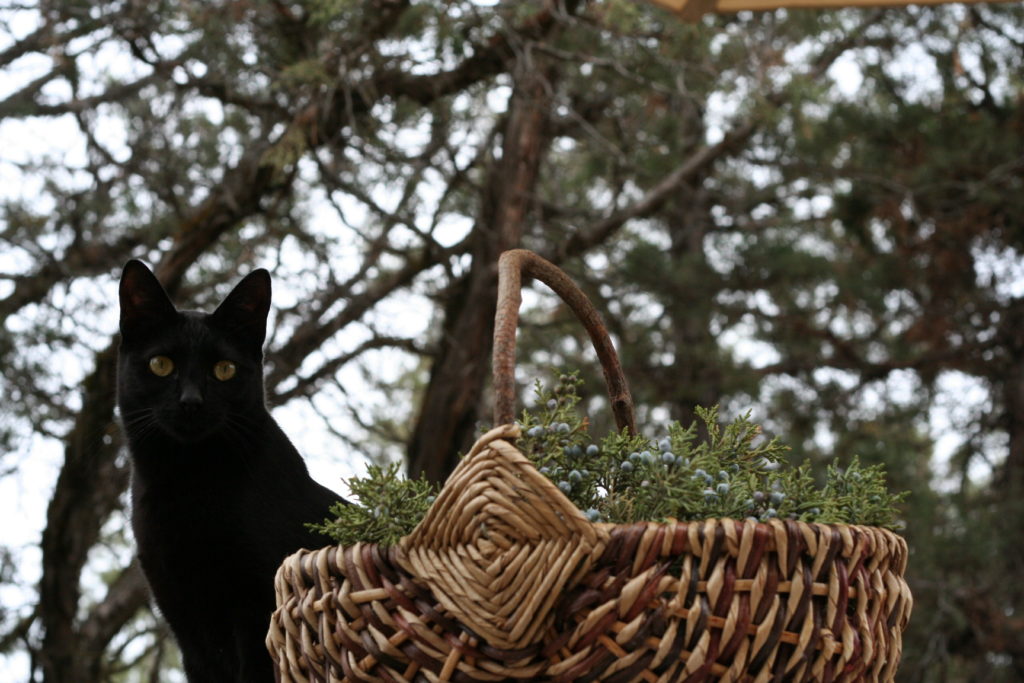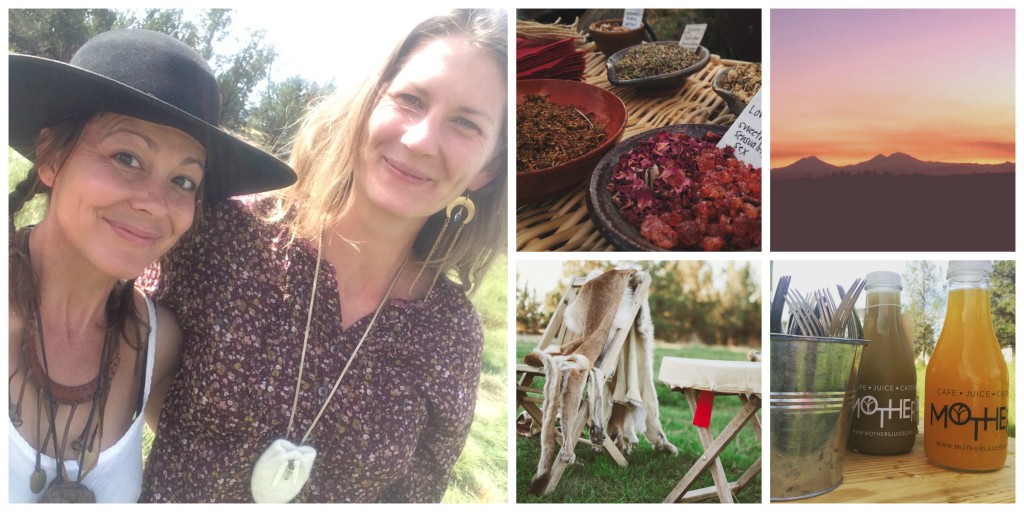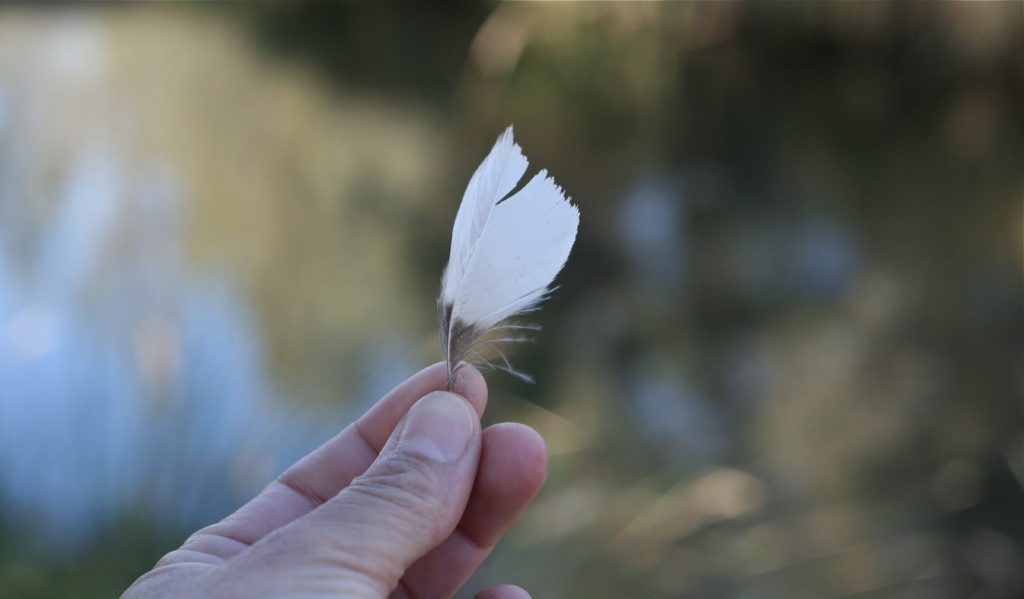
Have you ever heard the phrase, “Like water off a duck’s back?” I remember hearing it as a kid and not absorbing the teaching at all. Today I found a duck feather as I was wandering the winding path through the yellowing grasses just as I was thinking about an issue I’ve been rolling around in my mind which seems…complicated. It involves things I can never change, the complexity of human beings and their regrettable actions, the consequences of which continue to play out long beyond their usefulness as teachers.
Duck caught my attention from the ground, the only feather I saw today, apart from a bit of someone’s fluff caught on a dying wand of mullein. The phrase came immediately into my mind and so I started to talk to myself in a duckish voice to see what I might learn from Duck (I intend to look for her in journey, too). Like Alice, I gave myself some Very Good Advice about letting go-the biggest work I have to do in this lifetime, comprised both of challenges and accomplishments. When we set out to release a bothersome regret, we do well to forgive.
Forgiveness, as they say, is for the forgiver and not the forgiven, and so it seems an easy enough self-serving place to begin. It happens in layers, first perhaps with distilled acknowledgment of the issue, and then the rush of feelings which come up when we think about it. The feelings cause distress and so now we’re dealing with two things: the thing that happened and caused so much pain and the feelings coming up which are unresolved and still living in us somewhat parasitically in the form of grief, resentment or anger.
Ungrieved pains and losses cause great trauma on a body, and stiffen us to the point of rigidly and unconsciously clinging to suffering. The ongoing trauma results in stress disorders, affects our sleep and eating patterns, causes depression-all manner of unwanted issues. It is literally lodged in the system, unable to flow out and off…like that water which happens to bead up on Duck’s waxy feathers.
Ducklings first get the special oils which repel water from their mamas, who rubs her bill on a gland which secretes the oil at the base of her tail . She preens them like she preens herself, spreading the oil all over their downy fluff until they are a few weeks old and begin producing it themselves. She nurtures her babies instinctually, and teaches them the habit of caring for themselves in a way which will insulate them. This habit, if you’ve ever stood at a pond’s edge with a bag of bread in your hand, happens many times in an hour when a duck isn’t searching for food. They care for themselves, constantly maintaining their ability to repel that which will cause them to live non-optimally. Duck doesn’t ask why it must do this oiling of her feathers so often, she does it because something gene-deep in her knows that it’s necessary.
Forgiveness, grieving and letting go are often a chore because of the broken-down system of care which we complex thinking/feeling creatures have created. Instinctual care and tending of thoughts and emotions are not made a priority by those who nurture us in our early development.
Duck teaches simplicity by reminding us to refer back to rituals which build our repellency and insulation, not from fear or avoidance, or once the symptoms of neglect are screaming. It’s our instinct to care for ourselves, too-our bright spirits, our thinky minds, our precious, fleshy bodies. Culturally, real health and well-being are something we seek later in life when the broken-down systems begin to show graphic signs of neglect. Priorities which are not aligned with health and well-being are not valued in a time when we’re consumed by racing to nowhere. It’s not about working out obsessively, or obsessively wearing the body down, but deeply caring for it’s natural form and what it is designed to do well.
Many did not have instinctual care nurtured into them to help cope with emotional and situational challenges. Letting go is a healthy coping mechanism. Forgiveness is the choice to find no more value in anger, and an act of self-care. Grace is the freedom to make mistakes and move forward fluidly. All are exhibited by Duck’s effortless glide and ritual for self-preservation.
I’m going to take a lesson from Duck and create some hourly maintenance habits that go beyond my usual fixers. The creatures who leave clues about living instinctually are all around us, showing us how they live not having had to adapt to this very fast-paced, misaligned modern programming.
Please share your stories about how you’ve reconnected to your instincts of health-building protection and created efficient means for coping with stress and modern life!
